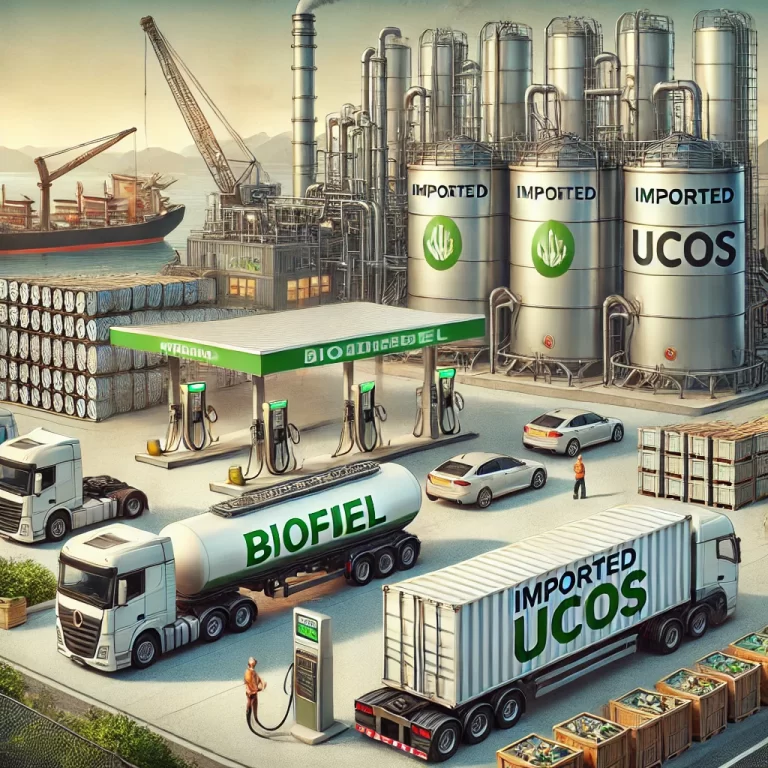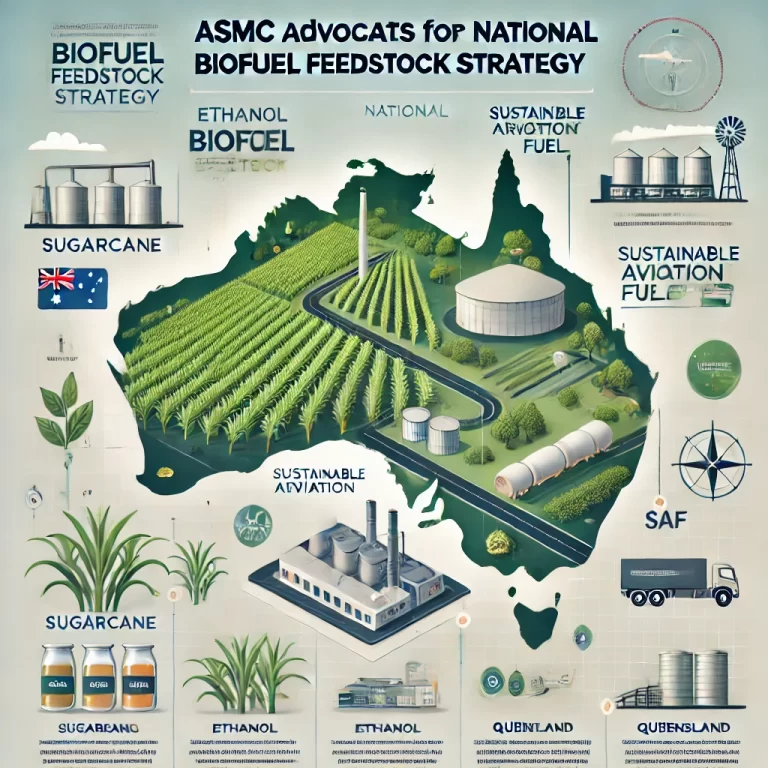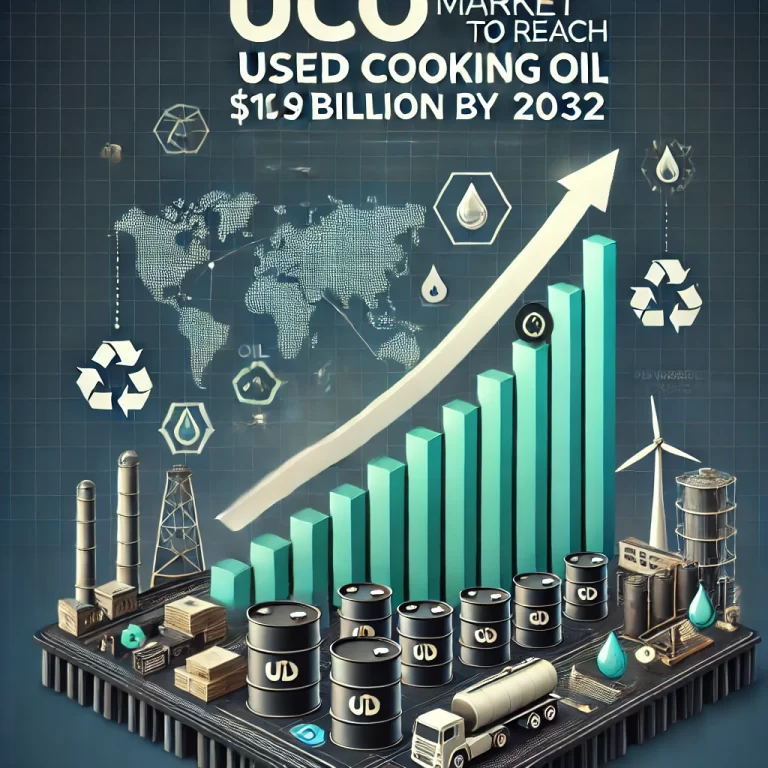
January 9, 2025
Indonesia’s Ministry of Trade on Wednesday issued a new regulation requiring exports of used cooking oil (UCO) and palm oil residue (including waste water…

December 16, 2024
The Malaysian Derivatives Exchange (Bursa Malaysia) introduced US dollar-denominated Used Cooking Oil futures on Monday, with a total of 42 transactions on the first…

December 16, 2024
On 13 December, Republican Senator Joni Ernst of Iowa, Republican Senator Roger Marshall of Kansas, and four of their colleagues sent a letter to…

December 11, 2024
The Center for Applied Energy Research at the University of Kentucky and the Kentucky Department of Energy and Environment have initiated a survey as…

December 9, 2024
Biofuels produced from waste cooking oil imported from China threaten Canada’s domestic canola market, an industry executive says, according to a report in Canada’s…

December 9, 2024
Fastmarkets and Intercontinental Exchange (ICE) announced on 9 December the launch of the ICE Waste Cooking Oil (UCO) Gulf (Fastmarkets) futures contract to meet…

December 4, 2024
STX Group announced on 3 December the acquisition of Marine Olie, a leading trader of waste-based advanced feedstocks. STX Group said the strategic acquisition…

December 2, 2024
The Australian Sugar Council (ASMC) recently called on governments to urgently develop a national biofuel feedstock strategy to boost the local biofuel industry and…

December 2, 2024
The used cooking oil market is expected to be valued at over US$10.9 billion by 2032, says a report by Global Market Insights. ‘The…

December 1, 2024
The Renewable Fuels Association this week responded to a request for information from the California Air Resources Board urging them to do more to…








